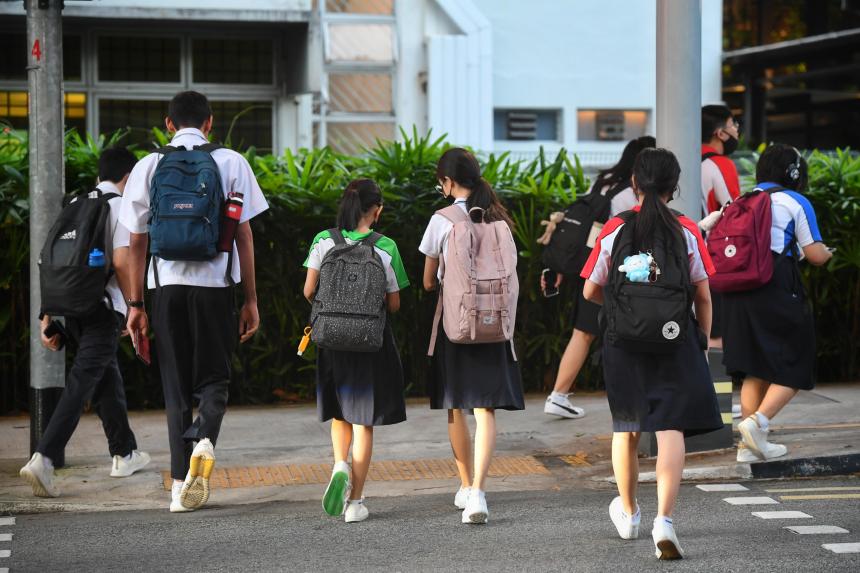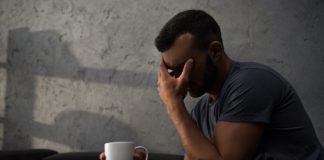
His words echoed MOE’s position, which was stated earlier in the year.
MOE’s website says its sexuality education curriculum covers four main areas: physical changes during sexual maturity, sexual attitudes and feelings towards self and others, sexual norms and behaviour, and the legal, cultural and societal implications and values and moral systems related to sexuality.
Sexuality education, or sex ed, falls under MOE’s Character and Citizenship Education syllabus, which was refreshed in 2021.
The new syllabus states that students in lower secondary – 13- and 14-year-olds – will learn to make wise, responsible and informed decisions on sexuality matters based on accurate, current, and age-appropriate knowledge on human sexuality.
It says: “For example, students learn about consequences of pornography and teenage sexual activity. They are taught the importance of respecting boundaries of self and others in relationships.”
Upper secondary students – usually aged 15, 16 and 17 – learn the importance of respect for self and others, both online and offline, and how they can respect personal boundaries for healthy relationships and safety.
The syllabus also says students learn about the influence and impact of new media on relationships and sexuality.
The syllabus document, which is on MOE’s website, does not explicitly mention LGBT issues, but the website does say elsewhere that sex ed teaches students what homosexuality is and the importance of mutual understanding, respect and empathy for everyone.
Students ST spoke to said the sex ed they received in school mainly focused on how abstinence, or refraining from sexual contact, was the best practice.
Secondary 3 student Shiva Sayshathri Sivasubramaniam, 15, said: “The classes are meant to be about sexuality but I feel the main agenda is to teach us not do ‘it’.”
He said he has had lessons touching on relationships between boys and girls, about sexual assault, and that underage sex is illegal. He also learnt about sexually transmitted infections and diseases, he said.
He said: “I haven’t learnt anything about LGBTQ, intersex or asexual relationships and sexuality. There’s no mention of any LGBTQIA topics in our classes.”
Recent junior college graduate Elijah Wong, 19, said the classes he received from upper primary to the end of JC lacked depth, and any engagement with LGBTQ issues was mostly superficial.
Mr Wong added he was taught that abstinence is the best practice, but this was at odds with what most teenagers and young adults were already doing.
He said: “We probably learn more online than from these classes and hence it somewhat defeats the purpose of having the lessons in the first place.
“You can only expect the youth to turn to online sources for further education and to answer their questions that remain unanswered.”








